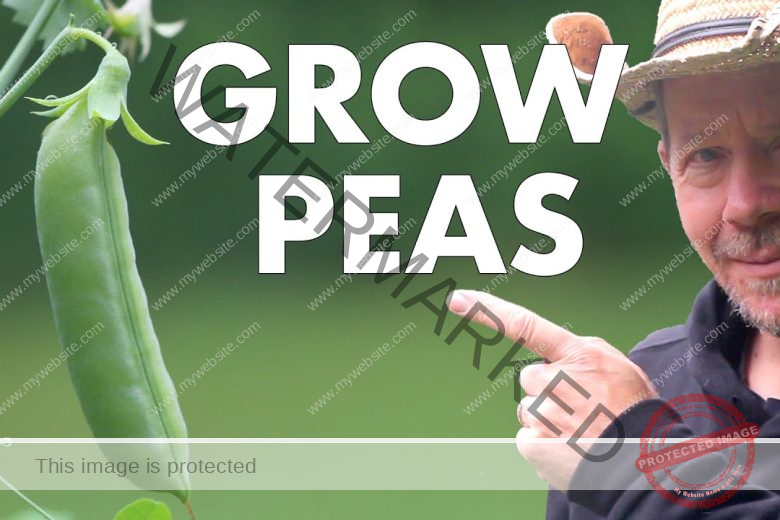In the ever-evolving landscape of agriculture, the integration of effective supply chain management has become pivotal for the success of agribusinesses.
This comprehensive blog post will delve into the core concepts of agribusiness and supply chain management, exploring the key components, challenges, and strategies that contribute to the growth and sustainability of the agricultural sector.
Understanding Agribusiness: Cultivating Success
Defining Agribusiness:
Agribusiness is a broad term that encompasses the various economic activities involved in the production, processing, and distribution of agricultural products. It extends beyond traditional farming to include everything from seed production to food retailing.
Key Components of Agribusiness:
- Farming Operations:
- Crop cultivation
- Livestock farming
- Processing and Manufacturing:
- Food processing
- Agrochemical production
- Distribution and Retail:
- Transportation
- Wholesale and retail outlets
- Research and Development:
- Innovation in agricultural practices
- Genetic modification
The Role of Technology in Agribusiness:
Technological advancements, such as precision farming, IoT (Internet of Things) applications, and data analytics, have revolutionized agribusiness operations. These innovations enhance productivity, reduce waste, and contribute to sustainable practices.
Unpacking Supply Chain Management in Agriculture
Defining Agricultural Supply Chain:
An agricultural supply chain involves the entire process of producing, processing, and delivering agricultural products to consumers. It encompasses a network of interconnected entities working collaboratively to bring agricultural goods from the farm to the table.
Key Components of Agricultural Supply Chain Management:
- Input Suppliers:
- Seed providers
- Fertilizer manufacturers
- Producers:
- Farmers and ranchers
- Processors:
- Food processing companies
- Milling facilities
- Distributors:
- Transportation companies
- Wholesale distributors
- Retailers:
- Grocery stores
- Restaurants
Challenges in Agricultural Supply Chain Management:
- Seasonal Variations:
- Adapting to seasonal changes in crop yields and demand.
- Quality Control:
- Ensuring product quality throughout the supply chain.
- Sustainability:
- Balancing economic viability with environmental and social responsibility.
- Market Fluctuations:
- Managing price volatility and market uncertainties.
Strategies for Effective Supply Chain Management:
- Technology Integration:
- Implementing digital platforms for real-time tracking and data analysis.
- Collaborative Partnerships:
- Building strong relationships with suppliers, distributors, and retailers.
- Sustainable Practices:
- Embracing eco-friendly initiatives for a sustainable supply chain.
- Risk Management:
- Developing contingency plans for unforeseen disruptions.
The Impact of Globalization on Agribusiness
Global Agricultural Trade:
Globalization has transformed the agricultural landscape, fostering international trade of agricultural products. This interconnectedness opens new markets but also poses challenges related to competition and regulatory compliance.
Benefits of Globalization in Agribusiness:
- Market Expansion:
- Access to a broader consumer base.
- Technology Transfer:
- Exchange of agricultural innovations and best practices.
- Diversification:
- Exposure to diverse crops and products.
Challenges of Globalization in Agribusiness:
- Trade Barriers:
- Tariffs and non-tariff barriers impacting international trade.
- Cultural Differences:
- Understanding and adapting to diverse cultural preferences.
- Supply Chain Complexity:
- Managing intricate global supply chains.
Sustainability and Agribusiness: Cultivating a Greener Future
The Concept of Sustainable Agriculture:
Sustainability in agribusiness involves practices that maintain or enhance environmental health, economic profitability, and social and economic equity over the long term. This holistic approach aims to address the triple bottom line of people, planet, and profit.
Key Principles of Sustainable Agriculture:
- Conservation of Resources:
- Efficient use of water, soil, and energy.
- Biodiversity Preservation:
- Protecting and promoting diverse ecosystems.
- Community Engagement:
- Supporting local communities and economies.
- Climate Resilience:
- Adapting to and mitigating the impacts of climate change.
Technology and Sustainable Agriculture:
Innovations such as precision farming, agroecology, and sustainable irrigation practices contribute to the advancement of sustainable agriculture. These technologies aim to reduce environmental impact while maintaining or improving productivity.
The Future of Agribusiness: Trends and Innovations
Emerging Trends in Agribusiness:
- Vertical Farming:
- Growing crops in vertically stacked layers.
- Blockchain Technology:
- Enhancing transparency and traceability in the supply chain.
- Smart Farming:
- Integration of IoT devices for data-driven decision-making.
- Plant-Based Protein:
- Rising demand for sustainable and plant-based protein sources.
Challenges in the Future of Agribusiness:
- Population Growth:
- Meeting the increasing demand for food with a growing global population.
- Water Scarcity:
- Addressing challenges related to water availability for agriculture.
- Technological Adoption:
- Ensuring widespread access to and adoption of advanced agricultural technologies.
Conclusion
In conclusion, agribusiness and supply chain management are dynamic and interconnected fields that play a crucial role in feeding the world’s population.
By embracing sustainable practices, leveraging technological innovations, and adapting to global challenges, agribusinesses can not only thrive but also contribute to a more resilient and sustainable future.
As we navigate the complexities of modern agriculture, the key lies in collaboration, innovation, and a shared commitment to cultivating success in agribusiness.



